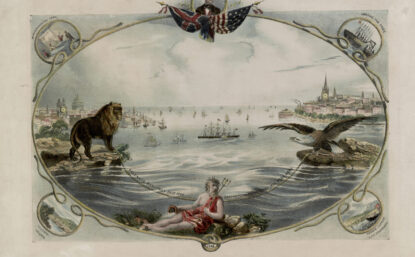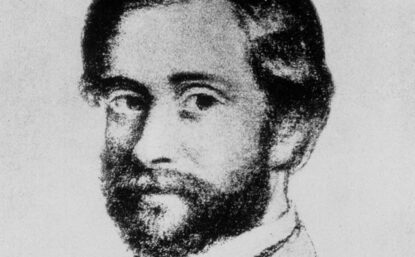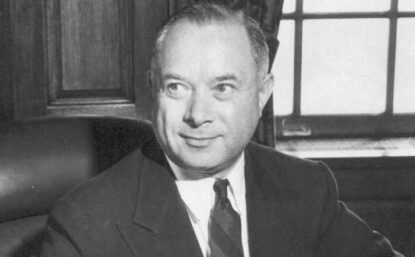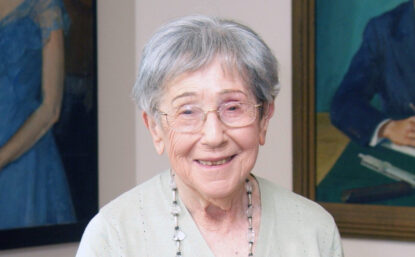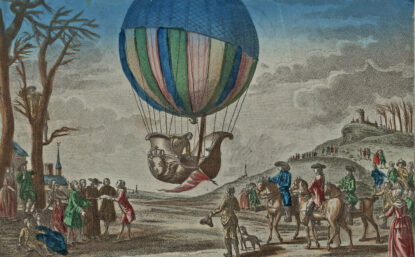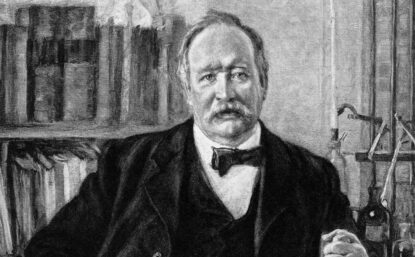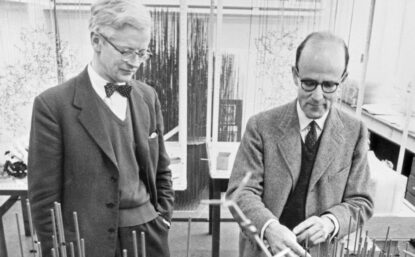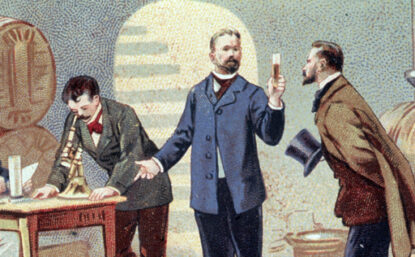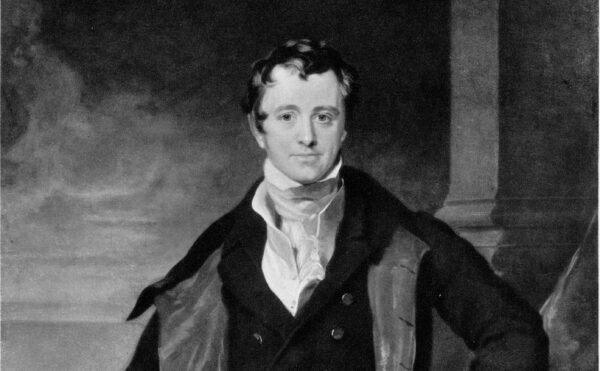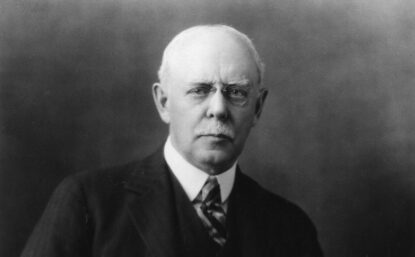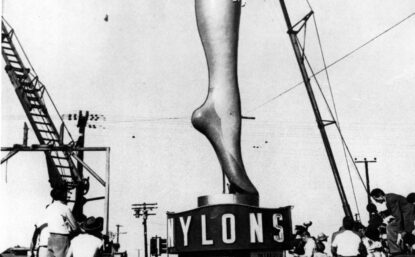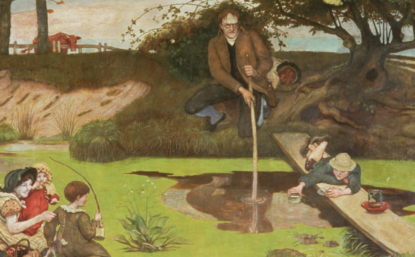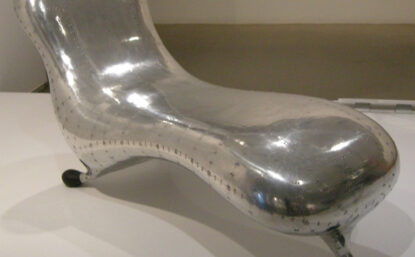Distillations magazine
Inventions & Discoveries
Tools and technology that changed the world
Communicating Underwater
Gutta percha, a natural plastic found in tree sap, allowed the expansion of the 19th century’s global communications network.
Setting the Table
In the 19th century a young Italian outside the chemistry mainstream played a part in the creation of the first periodic table.
The General
David Sarnoff wanted to be a journalist; instead he created commercial broadcasting and helped kick off the color revolution in television.
A First Lady of Chemistry
Mildred Cohn fought prejudice to become a successful Jewish female chemist in an less-than-welcoming world.
Science by the Scoop
The science behind a cool, refreshing treat—ice cream.
Silver and Sunlight
In the early 19th century people dreamed of using light to paint permanent images.
Artificial Clouds and Inflammable Air: The Science and Spectacle of the First Balloon Flights, 1783
The first balloons, both hot-air and hydrogen powered, drew spectacular crowds and set off a craze—balloonomania!
Chemistry’s Outer Limits
Svante Arrhenius was one of the founders of modern physical chemistry. His later work cosmological work carried him beyond the scientific limits of many of his colleagues.
The Secret of Max Perutz’s Life
A personal portrait of the Nobel prize-winning crystallographer.
Sealed with a Wrap
Cellophane celebrates its 100th anniversary with a comeback, after losing out to cheaper imitations in the 1970s.
Scientia Vitis: Decanting the Chemistry of Wine Flavor
Scientists have only recently begun to investigate the chemical components that give wines their distinct and complex flavors.
Science and Celebrity: Humphry Davy’s Rising Star
Part experimenter and part entertainer, Humphry Davy was a 19th-century icon.
The First Century of Chemical Engineering
The founding of the American Institute of Chemical Engineers represented the beginning of American technological dominance in the 20th century.
Nylon: A Revolution in Textiles
The invention of nylon in 1938 promised sleekness and practicality for women and soon ushered in a textile revolution for consumers and the military alike.
From Nanotech to Nanoscience
Technologies using nanosized objects have been around for hundreds of years.
John Dalton and the Scientific Method
Dalton proposed atomic theory in 1808; an additional century passed before the theory was universally accepted by scientists.
Not Counting Chemistry: How We Misread the History of 20th-Century Science and Technology
Is chemistry’s ubiquity why we so rarely talk about its historical importance?
Aluminum: Common Metal, Uncommon Past
Now ubiquitous and vital to modern life, aluminum was once more expensive than gold, locked away in its ore without a commercially viable method to release it.

